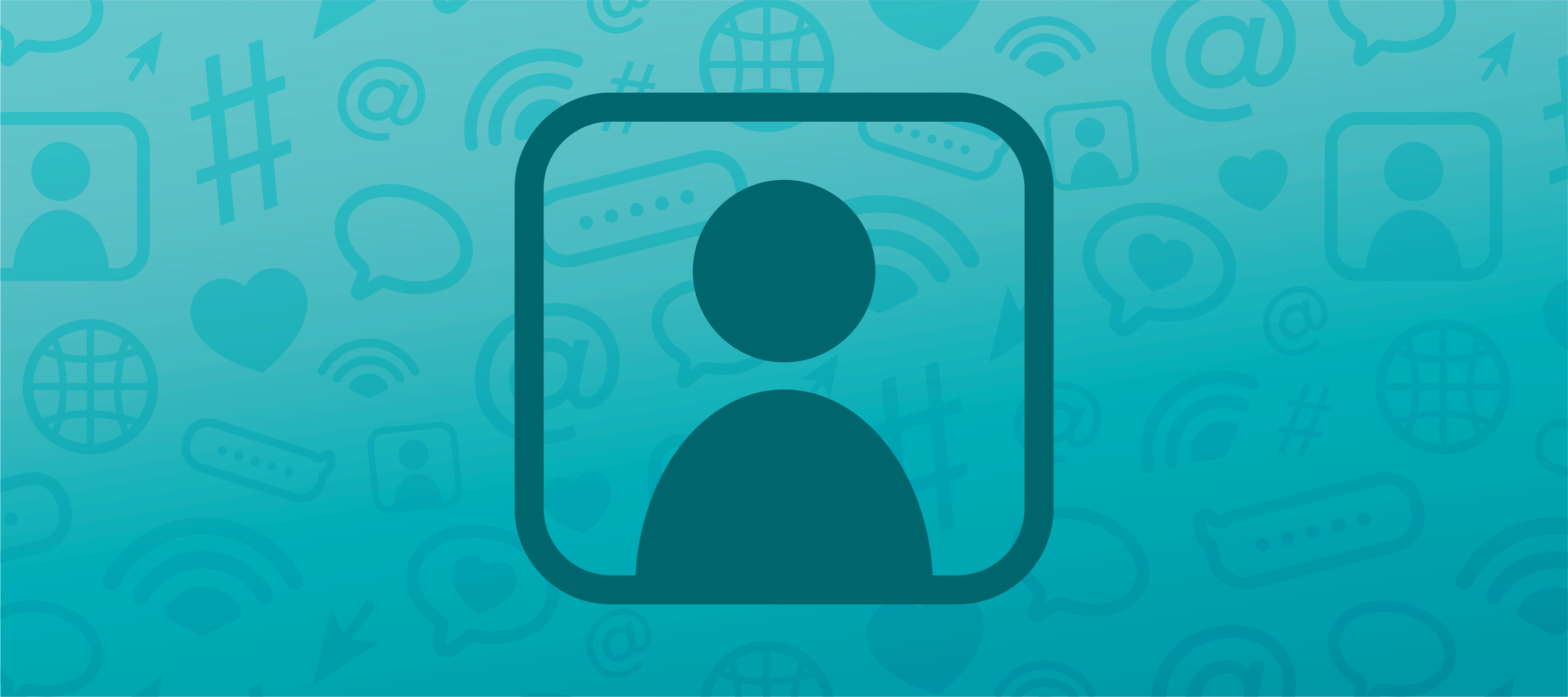If you’ve spent any amount of time on Twitter recently, you’ve likely heard of a lesser-known platform called Mastodon. It is a different take on the familiar concept of social media, and some small businesses may find it’s worth checking out. In this post, we’ll go over the similarities and differences between Mastodon and Twitter, and we’ll look at how Mastodon can relate to online marketing.
A Brief Backstory
In the spring of 2022, Elon Musk made an offer to buy Twitter. After much commentary from fans and critics alike, Musk followed through and purchased the platform (October of 2022). As with any major change, there are people who support this switch and people who do not. Some Twitter users began searching for an alternative, and after the finalized purchase, even more were concerned about the state of Twitter. With policy changes happening fast, users started asking: Where can we go now?
The internet is vast, but social media with a wide appeal is not. Many remember the great migration from MySpace to Facebook. At the time, MySpace had garnered somewhat of a negative reputation, and Facebook was positioned perfectly as an alternative. A lot of social media users today have not found a Facebook to Twitter’s MySpace, but they have found Mastodon.
Twitter vs. Mastodon
Mastodon is similar to Twitter in that it focuses on micro-blogging. Part of Twitter’s appeal is the low bar to entry. It’s primarily text-based content and, for most people, typing a quick tweet is faster and easier than filming and editing a TikTok video or staging the perfect Instagram photo. Because Mastodon has this written component in common with Twitter, it may appear to be an ideal alternative on the surface.
Written content may, however, be where the similarities begin and end between these two platforms.
Decentralization
Twitter (and other popular social media sites) are considered centralized. This means there’s one website or app where everyone goes to log in, post, and interact with other users. This also means there’s one team running the show: one CEO, one team of developers, one content moderation team, etc. Mastodon differs in that it is decentralized.
There are a variety of different servers (also called instances) that people have created using Mastodon’s software. These servers often focus on a topic, like digital art or international coffees. (If you’re familiar with Reddit, Mastodon’s servers are similar to subreddits.) Once you have found a Mastodon server you like, you can create an account with that server. Each server has an individual set of rules and expectations for their users, and each one has the ability to moderate the type of content posted within the server. Eugen Rochko, the creator of Mastodon, is quoted as saying he “believes that small, closely related communities deal with unwanted behavior more effectively than a large company’s small safety team.”
Federated & Fancy-free
While each server may operate independently of other servers, Mastodon also connects each server that chooses to join its federated network. This means that, once you have an account with one Mastodon server, you can interact with people and their posts even if they are part of a different server. Servers can also choose to “defederate” from other servers without disconnecting from the network entirely. Mastodon was created this way so that users can choose a server with policies that align with their preferences, while still having access to a greater network of individuals.
Where Mastodon meets Marketing
Unlike Twitter, Facebook, and the myriad other social platforms we’ve discussed before, Mastodon does not offer paid advertising. It’s not even set up for it. Mastodon is a crowd-funded non-profit based in Germany that boasts “social networking that’s not for sale.” So, can a small business even market there? Yes and no.
No, in that a business cannot set up an advertisement and let algorithms do the heavy lifting. Because it’s a non-profit, Mastodon isn’t striving to make money in the same way as other social platforms. There are no underlying algorithms pushing content for users to see, and no pre-generated home feeds based on previous scrolling habits.
Yes, in that there are some unique opportunities should you decide to pursue them. While most Mastodon users aren’t expecting there to be a lot of ads, they do still want what everyone wants from social media: a place to make connections. Because you can self-host, your small business could make a server focused on your specific niche. You can connect with others who are interested in your field and drive the conversation with interesting posts and thoughtful questions. While it may take more work, the connections you make organically may lead to a more loyal customer base down the line.
In Conclusion
Social media is ever-changing. We’ll have to wait and see whether Mastodon is truly a viable replacement for Twitter, or if it can manage to cement its own place among the social media giants. For now, though, Twitter is still up and running.
If you are interested in marketing your small business on social media, give us a call. Bold River Marketing can help you make a profile, develop content, and share it regularly so other users can find your business and get connected with you.

